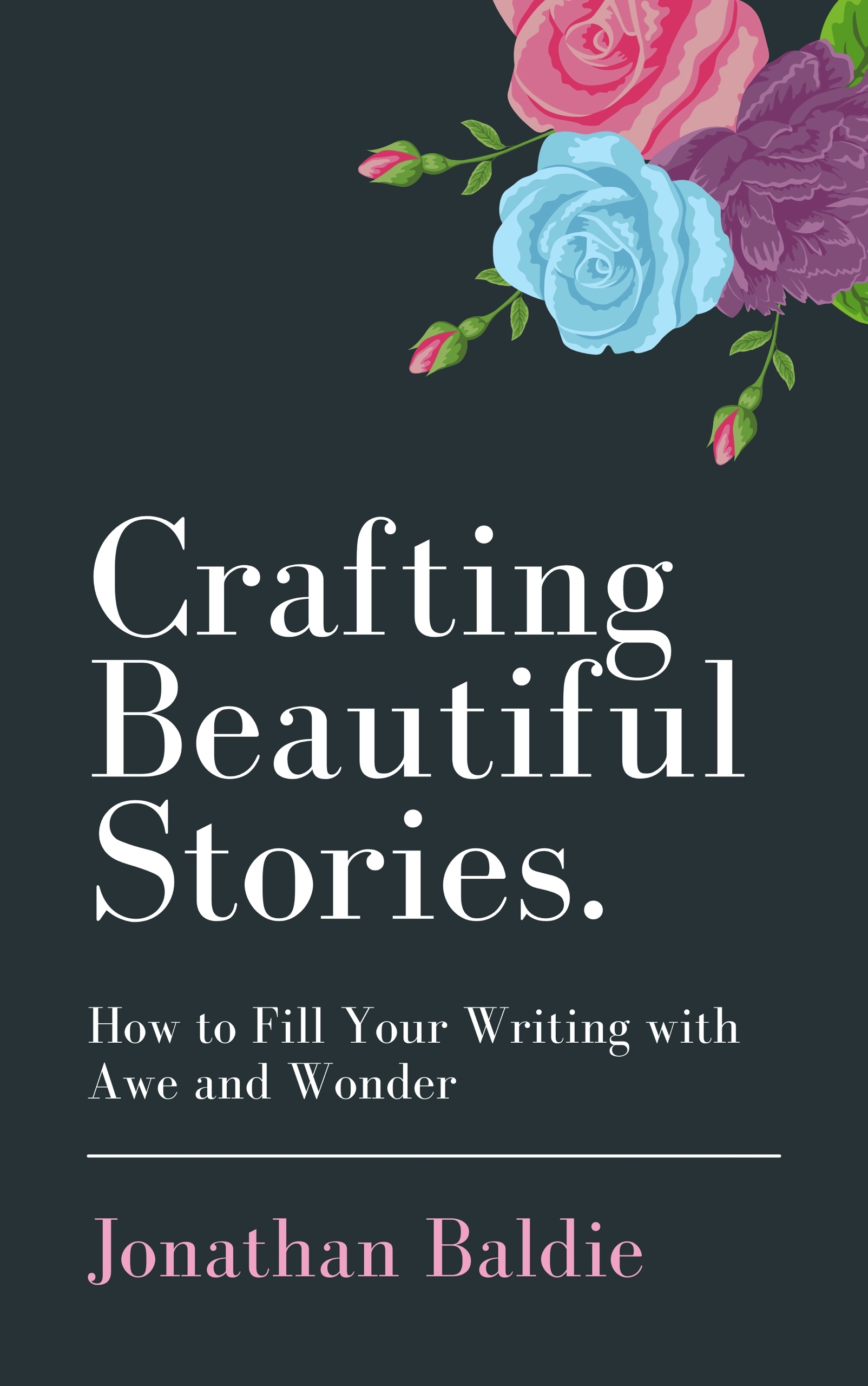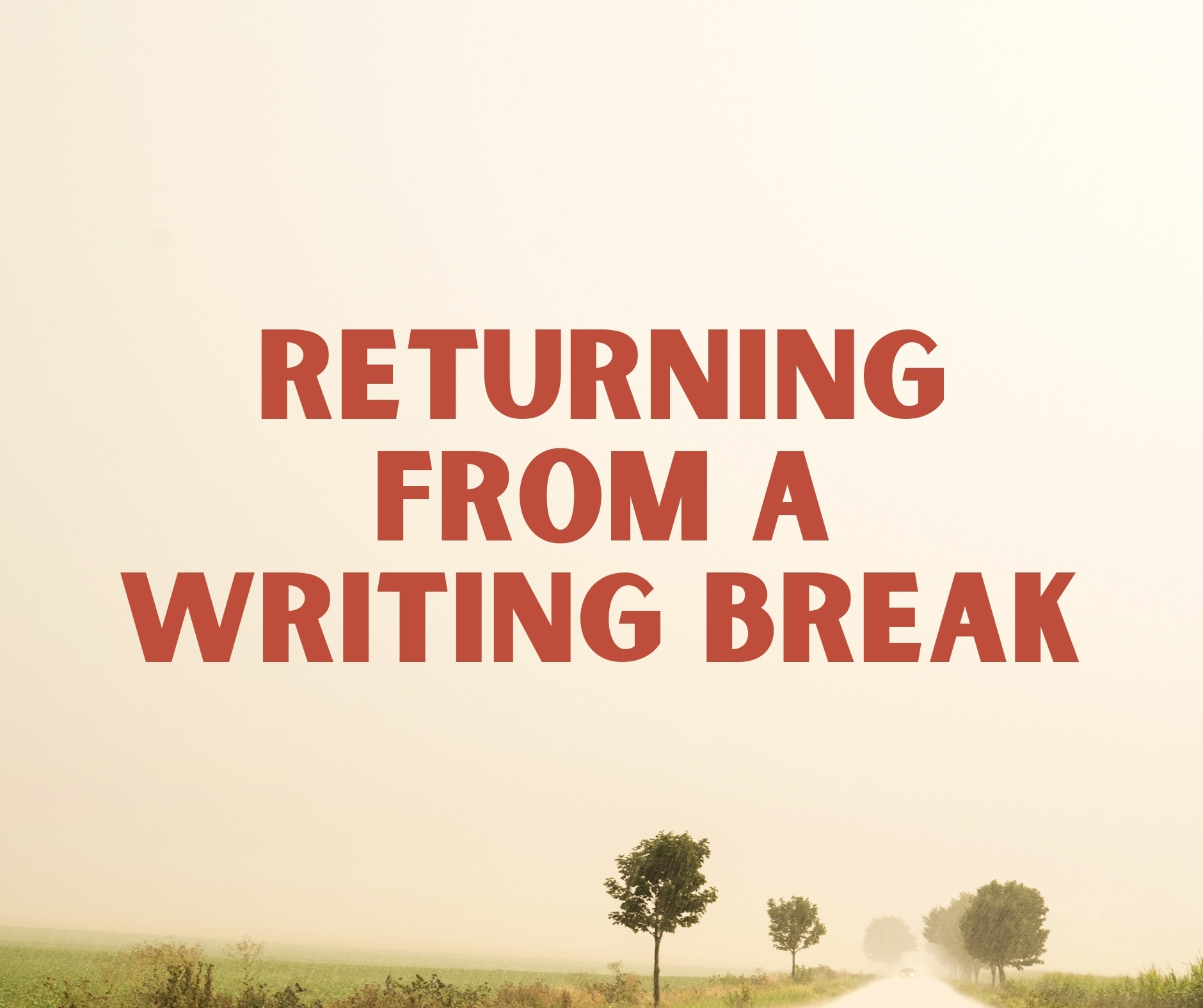Hey! Jon here. Just a heads-up that this post is over a year old and is therefore likely to be outdated.
What Marvel Can Teach You About Patience in Storytelling
7th December, 2018 Share on Twitter

Today's been a busy day in the storyverse. Marvel dropped the first official trailer for Avengers 4. They revealed the title. Things happened. I squealed like a child. I'm not even ashamed—I loved Infinity War and can't wait to see how the story ends. I won't spoil any of it, but you need to go and watch it before reading the rest.
If you did check it out already, what did you think? Hit that 'reply' button and let me know.
I actually wrote quite a lot about the Marvel Cinematic Universe in 24 Laws, particularly the chapter on story series, which I titled "Series Are a Right, Not a Privilege". I praised the creators behind the MCU for so successfully building a franchise full of brilliant characters.
The question we beg the answer to is: How did they do this? What did they do right, that the DCEU has apparently failed to do in such a spectacular manner?
The MCU started off with a flash. 2008's Iron Man was a fun film, with an unusual (for the time) post-credits scene revealing Nick Fury as the director of S.H.I.E.L.D. The story hooked us into the MCU by building up a likeable interpretation of Tony Stark. They did this again with Kenneth Branagh's Thor in 2011, and Captain America around the same time.
These stories got a couple of crucial things right: They were self-contained stories about likeable characters, that didn't try to make glib references to the greater Marvel universe surrounding them. They drew fans in, rather than try to yank them by force.
By the time we got to Infinity War earlier this year, we'd already seen our beloved heroes come together, break up, and then forced to come back together again to face a greater threat. And it was a brilliant story. It's become a kind of frowned-upon trope for fans to focus on the stories in the MCU, but they're an excellent example—no, actually the best modern example of how to build a story series.
As the series shows, the key is to build up slowly. Be patient. Don't try to glibly insert references to outer elements that have no impact on the main story. Your readers will be able to sniff it out instantly.
My original title for the chapter was "Series Must Be Built on Strong Foundations". While I did replace it, I think the phrase still holds up when analysing the success of franchises like Harry Potter or Star Wars. They all have one thing in common: they feature characters we love and can't keep our eyes off.
Patience and a flair for creating great, likeable characters are key then, not necessarily big budgets or cynical producers in suits. They're built gradually, piece by piece, or as Anne Lamott puts it in the title of her classic writing book, they're built Bird by Bird.
And this is how all classics of literature and film are constructed: with a meticulous eye for detail and glacial patience. We're in it for the long game. If you can keep up the work consistently, Bird by Bird, you stand far above most wannabe writers.
Contrary to popular belief, great works of creative writing aren't created in a single flash of genius by the tortured artist. No, she creates great works by adding to her story on a regular basis, having the discipline to see her projects through to the end. Be like her and focus on the work, because that's all we can really do.
Tip of the Day: Patience and small steps will get you much further than an attitude that demands everything right now. If you seek shortcuts and "hacks", then you are eminently unsuited to mastery in any subject. Writing success comes through persistence and practise—the only way is through.
This post is from a past email from my storytelling newsletter. If you'd like to receive these as soon as they're written, sign up to my email list here.
Please check out The 24 Laws of Storytelling, my book that explores the principles that make some books and movies great and explains why others fail. By reading my book, you’ll gain the same strategies used by master storytellers such as Stephen King, Christopher Nolan, Fyodor Dostoyevsky, and many more. Pick up your copy today.




